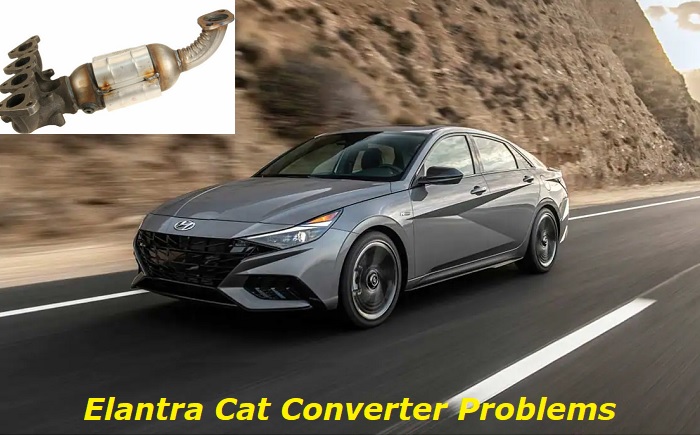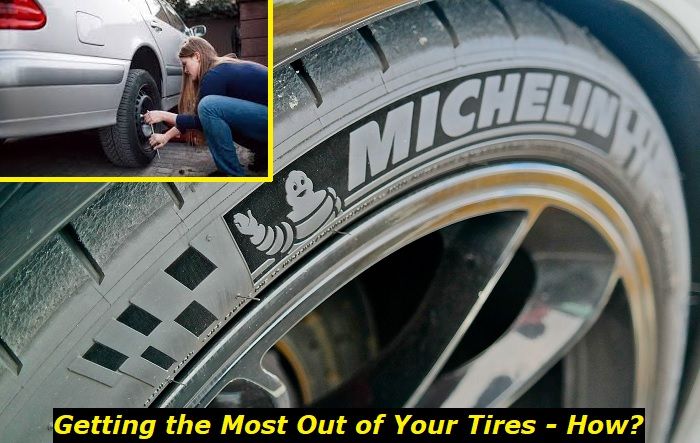If you own a Hyundai Elantra, you may have noticed a problem with the catalytic converter. The converter may not be working properly, and this can cause a number of issues with your car. In this article, we will discuss the symptoms of a faulty catalytic converter, as well as some possible solutions.

What are catalytic converters, and what do they do?
Hyundai Elantra catalytic converter is a device that is installed in the exhaust system of a car. Its primary purpose is to reduce the emissions of harmful pollutants from the engine. The converter does this by catalyzing a chemical reaction between the exhaust gases and a catalyst, such as platinum.
This reaction breaks down the pollutants into less harmful substances, such as carbon dioxide and water vapor. In addition to reducing emissions, catalytic converters also help to improve fuel economy and engine performance. Catalytic converters are required by law in many countries, and they are one of the most important emission control devices on a car.
When Hyundai Elantra catalytic converter is not working properly, it can cause a number of problems. The most common problem is that the converter will not be able to properly convert the pollutants in the exhaust gas. This can cause the car to emit higher levels of harmful pollutants, which can be dangerous to human health.
How long do catalytic converters usually last?
Hyundai Elantra catalytic converters are designed to last the lifetime of a vehicle. However, they can sometimes fail prematurely. The most common cause of Hyundai Elantra catalytic converter premature failure is a build-up of deposits on the catalyst. These deposits can be caused by a number of things, including oil leaks, fuel additives, and engine coolant contamination.
The lifespan of a catalytic converter depends on a number of factors, including the type of vehicle, the driving conditions, and the quality of the converter itself. In general, however, most converters will last for the life of the vehicle. It is expected that catalytic converters should work properly for at least ten years or 150,000 miles, whichever comes first.
What are the symptoms of the Hyundai Elantra catalytic converter problem?
If your Hyundai Elantra is experiencing any of the following catalytic converter problems, it may be time to have your converter inspected or replaced:
- Reduced engine power - This is the most commonly reported symptom that Hyundai Elantra owners face. You may notice that your Hyundai Elantra is not accelerating as fast as before. This may signal that you are having catalytic converter problems.
- Reduced fuel economy - One of the first signs that your converter may be going bad is reduced fuel economy. This can be caused by a clogged or damaged converter that isn't able to properly convert exhaust fumes into less harmful emissions.
- Misfiring engine - A misfiring engine is another common symptom of a bad catalytic converter.
- Check engine light - If your check engine light is on, it could be a sign that your Hyundai Elantra catalytic converter needs to be replaced. It may also display the P0421 code, which is common when you are facing catalytic converter problems.
- Excessive exhaust noise - If you notice your exhaust is sounding louder than usual, it could be a sign of a problem with your catalytic converter.
- Unusual smells - If you notice any unusual smells coming from the exhaust, this could be a sign that the converter is not working properly.
- Engine vibration - If you feel your engine vibrating more than usual, this could be a sign of a problem with the converter.
What are the solutions to Hyundai Elantra catalytic converter problem?
If your Hyundai Elantra is experiencing any of the above catalytic converter problems, there are a few possible solutions:
- Cleaning or replacement
In some cases, a clogged converter can be cleaned and reused. However, if the converter is damaged, it will need to be replaced.
One way to clean your catalytic converter is to use a chemical cleaner. These cleaners are designed to dissolve the deposits that can clog your catalytic converter. These cleaners can be bought in most auto part stores.
Another way to clean your catalytic converter is to remove it and physically clean it. This can be done with a wire brush or by using a power washer. Be sure to wear gloves and safety glasses when doing this, as the chemicals inside your catalytic converter can be harmful.
- Engine tune-up
If your car's engine is misfiring, it may be due to a problem with the spark plugs or other engine components. A tune-up can often solve this problem.
- Catalytic converter replacement
If your catalytic converter needs to be replaced, you have a few options. You can buy a new converter, have a new one custom-made, or buy a used converter.
- Exhaust gas recirculation (EGR) valve
In some cases, replacing the EGR valve can help to improve catalytic converter performance.
The EGR valve is an important part of the exhaust gas recirculation system. The system helps to reduce emissions from the engine by recirculating a portion of the exhaust gases back into the engine. The EGR valve can become clogged with soot or carbon deposits, which can cause it to stick open or closed. A sticking EGR valve can cause the engine to run rough or stall.
- Oxygen sensor
An oxygen sensor is a device that helps measure the amount of oxygen in a fuel mixture. It is important because it helps the engine run more efficiently and produce less pollution. Replacing a faulty oxygen sensor can also help to improve catalytic converter performance.
If your Hyundai Elantra is having trouble with its catalytic converter, one solution is to install a new converter that is specifically designed to work with your vehicle. There are a number of different companies that offer aftermarket converters, so you should be able to find one that will work well with your car. You can usually find these converters online or at your local auto parts store.
What is the average cost of a replacement Hyundai Elantra catalytic converter?
If you need to replace your Hyundai Elantra catalytic converter, the average cost is between $500 and $800. This will vary depending on the model year of your car and the specific converter you need, as well as labor cost.
Be wary! Some shops may charge you up to $1400 for replacing your Hyundai Elantra catalytic converter; however, you can always find more affordable options!
The OEM cats are extremely expensive and are seldomly chosen for replacement. Though, aftermarket cat converters are relatively affordable.
Are there any steps you can take to prevent Hyundai Elantra catalytic converter problem?
You can prevent Hyundai Elantra catalytic converter problems by following these recommendations:
- Get your car regularly serviced - One of the best ways to prevent problems with your catalytic converter is to get your car regularly serviced. This will help keep your engine running smoothly and help prevent clogs in your converter.
- Use the right fuel - Using the wrong type of fuel can damage your catalytic converter. Make sure you are using the type of fuel recommended by Hyundai for your car. Be mindful of what you're putting into your gas tank. Avoid using fuel additives or other chemicals that could damage the converter.
- Don't idle your engine - If you let your engine idle for too long, it can damage your catalytic converter. Try to avoid idling your engine for more than a few minutes at a time.
- Drive carefully - Avoiding hard acceleration and braking can help prevent damage to your catalytic converter.
- Keep your car clean - Keeping your car clean and free of dirt and debris can help prevent clogs in your catalytic converter.
- Be sure to use the right type of oil in your car. Using the wrong oil can cause Hyundai Elantra catalytic converter problems.
If you think your Hyundai Elantra may have a problem with the catalytic converter, it's important to have it checked out by a professional as soon as possible. Ignoring the problem can lead to further damage and may even cause your car to fail emissions tests. You can prevent Hyundai Elantra catalytic converter problems and keep your car running smoothly with proper care and maintenance.
Conclusion
If your Hyundai Elantra is having trouble with its catalytic converter, there are a few things you can try to fix the problem. In some cases, simply having your car serviced or replacing a faulty part can help improve catalytic converter performance.
If your converter needs to be replaced, you have a few different options, including buying an aftermarket converter or having a new one specifically designed for your car. Whichever route you choose, be sure to have the job done by a professional to avoid further damage to your car.
About the authors
The CarAraC research team is composed of seasoned auto mechanics and automotive industry professionals, including individuals with advanced degrees and certifications in their field. Our team members boast prestigious credentials, reflecting their extensive knowledge and skills. These qualifications include: IMI: Institute of the Motor Industry, ASE-Certified Master Automobile Technicians; Coventry University, Graduate of MA in Automotive Journalism; Politecnico di Torino, Italy, MS Automotive Engineering; Ss. Cyril and Methodius University in Skopje, Mechanical University in Skopje; TOC Automotive College; DHA Suffa University, Department of Mechanical Engineering






Add comment